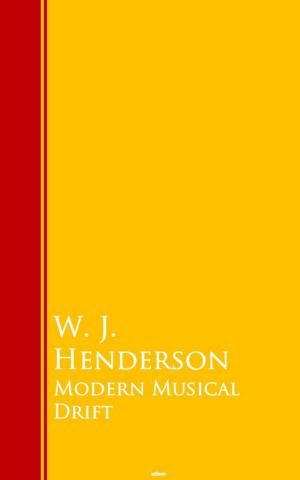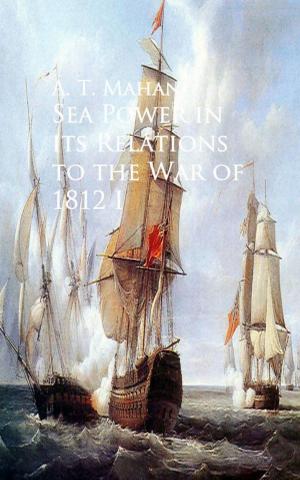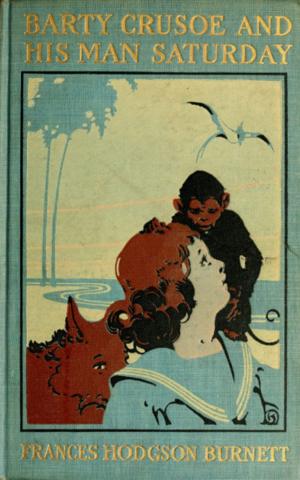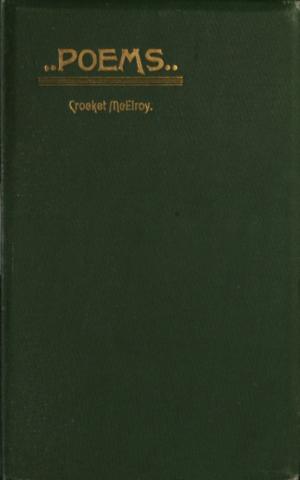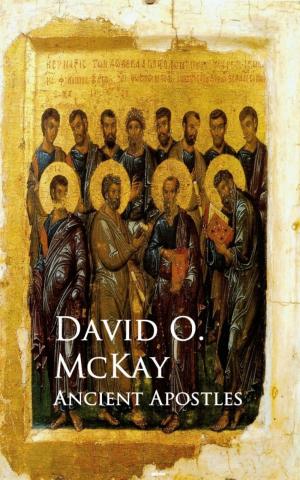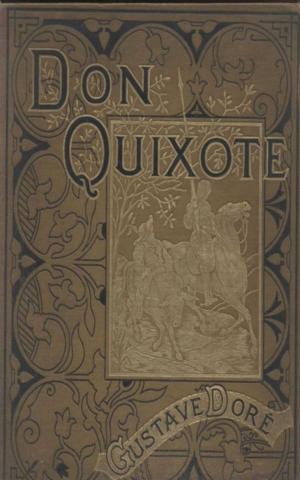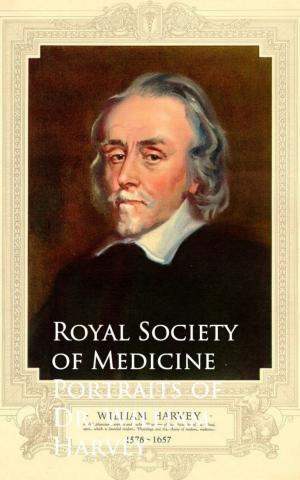| Author: | Henry Schliemann | ISBN: | 9783736408241 |
| Publisher: | anboco | Publication: | August 11, 2016 |
| Imprint: | Language: | English |
| Author: | Henry Schliemann |
| ISBN: | 9783736408241 |
| Publisher: | anboco |
| Publication: | August 11, 2016 |
| Imprint: | |
| Language: | English |
Dr schliemann´s original narrative of his wonderful discoveries on the spot marked as the site of Homer's Ilium by an unbroken tradition, from the earliest historic age of Greece, has a permanent value and interest which can scarcely be affected by the final verdict of criticism on the result of his discoveries. If he has indeed found the fire-scathed ruins of the city whose fate inspired the immortal first-fruits of Greek poetry, and brought to light many thousands of objects illustrating the race, language, and religion of her inhabitants, their wealth and civilization, their instruments and appliances for peaceful life and war; and if, in digging out these remains, he has supplied the missing link, long testified by tradition as well as poetry, between the famous Greeks of history and their kindred in the East; no words can describe the interest which must ever belong to the first birth of such a contribution to the history of the world. Or should we, on the other hand, in the face of all that has been revealed on the very spot of which the Greeks themselves believed that Homer sang, lean to the scepticism of the scholar who still says:—"I know as yet of one Ilion only, that is, the Ilion as sung by Homer, which is not likely to be found in the trenches of Hissarlik, but rather among the Muses who dwell on Olympus;" even so a new interest of historic and antiquarian curiosity would be excited by "the splendid ruins," as the same high authority rightly calls those "which Dr. Schliemann has brought to light at Hissarlik." For what, in that case, were the four cities, whose successive layers of ruins, still marked by the fires that have passed over them in turn, are piled to the height of fifty feet above the old summit of the hill? If not even one of them is Troy, what is the story, so like that of Troy, which belongs to them?
Dr schliemann´s original narrative of his wonderful discoveries on the spot marked as the site of Homer's Ilium by an unbroken tradition, from the earliest historic age of Greece, has a permanent value and interest which can scarcely be affected by the final verdict of criticism on the result of his discoveries. If he has indeed found the fire-scathed ruins of the city whose fate inspired the immortal first-fruits of Greek poetry, and brought to light many thousands of objects illustrating the race, language, and religion of her inhabitants, their wealth and civilization, their instruments and appliances for peaceful life and war; and if, in digging out these remains, he has supplied the missing link, long testified by tradition as well as poetry, between the famous Greeks of history and their kindred in the East; no words can describe the interest which must ever belong to the first birth of such a contribution to the history of the world. Or should we, on the other hand, in the face of all that has been revealed on the very spot of which the Greeks themselves believed that Homer sang, lean to the scepticism of the scholar who still says:—"I know as yet of one Ilion only, that is, the Ilion as sung by Homer, which is not likely to be found in the trenches of Hissarlik, but rather among the Muses who dwell on Olympus;" even so a new interest of historic and antiquarian curiosity would be excited by "the splendid ruins," as the same high authority rightly calls those "which Dr. Schliemann has brought to light at Hissarlik." For what, in that case, were the four cities, whose successive layers of ruins, still marked by the fires that have passed over them in turn, are piled to the height of fifty feet above the old summit of the hill? If not even one of them is Troy, what is the story, so like that of Troy, which belongs to them?



